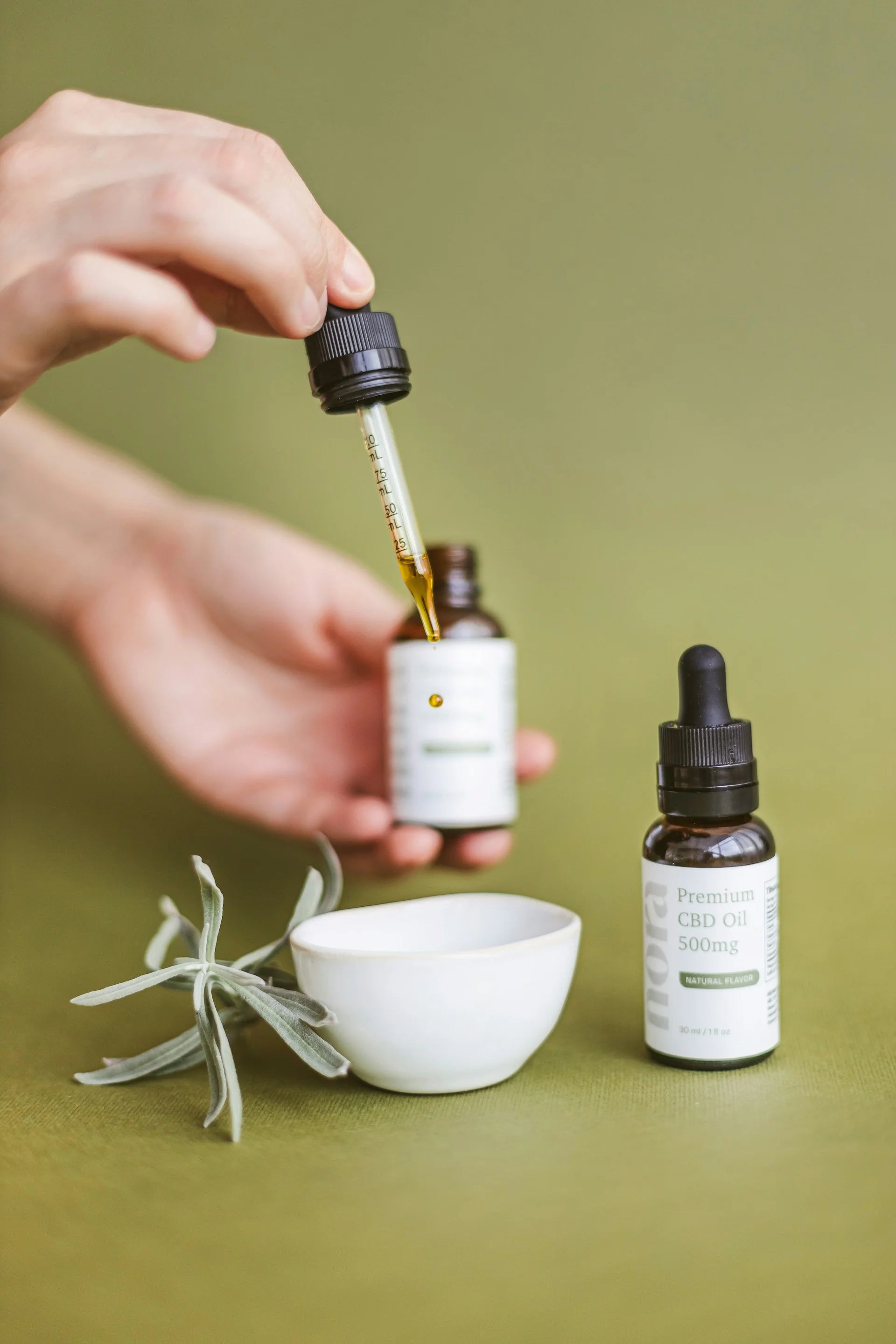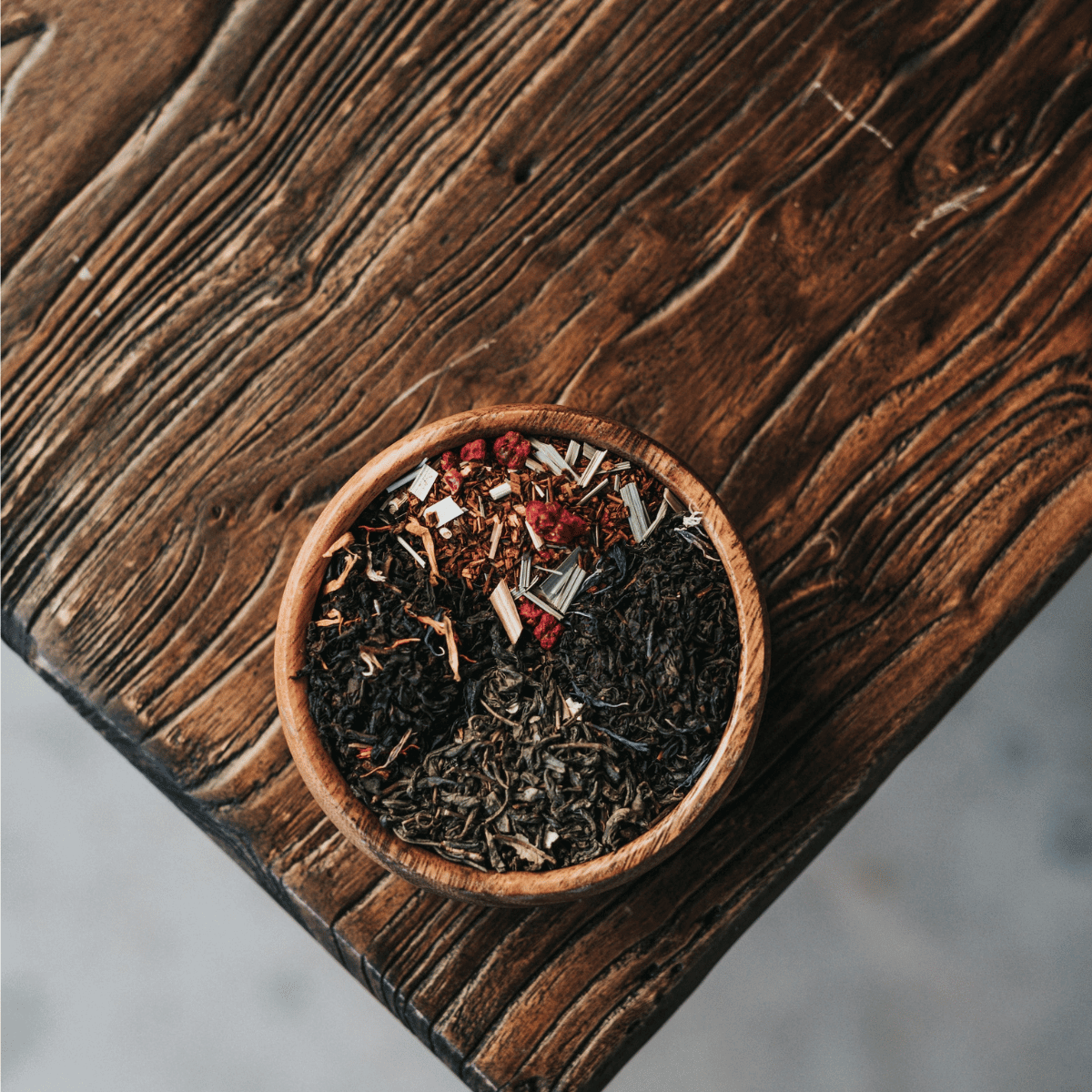Smoking Valerian
Valerian root contains compounds called benzodiazepines, which are structurally similar to the compounds found in prescription sleep medications like Xanax and Valium. Herbalists have used valerian since the 19th century as an alternative to these drugs due to its sedative effects on the central nervous system. But despite its apparent similarities to benzodiazepines, valerian isn’t anywhere near as safe as these prescription medications, and it should never be used instead of them.
Can I smoke Valerian?

Valerian is an herbal remedy used to treat various conditions, including insomnia. The active ingredient in valerian is thought to be a compound called valerenic acid, which binds to GABA receptors in the brain. GABA is a neurotransmitter that plays a role in relaxation and sleep. Some people believe that smoking valerian can help sleep by increasing levels of GABA in the brain. However, there is no scientific evidence to support this claim.
Where does it come from?
Valerian is a flowering plant, the root of which is used to make medicine. It's native to Europe and Asia, but now grows in North America as well. Valerian is used as a sleep aid and herbal medicine. The root of the plant is typically dried and smoked, but it can also be taken in capsule form. While there are no known side effects from smoking valerian, the food and drug administration has not approved it as a sleep aid.
What are the common uses of the Valerian root?
Valerian root is most commonly used as a natural sleep aid. It can be found in many over-the-counter sleep aids and is often used as an alternative to medications like diazepam (Valium). Valerian may also be helpful in treating anxiety and other nervous disorders. Some people use it to relieve muscle spasms, and it is sometimes added to cigarettes or bongs as an additive.
Is Valerian psychoactive?
Valerian is not psychoactive, but some of the herbs it is often found in combination with, such as skullcap, cannabis, catnip, chamomile, damiana, mugwort, and mullein, are. The FDA has not approved valerian as a drug or supplement, so its efficacy is largely based on anecdotal evidence and the placebo effect.
Is smoking valerian root legal?
The short answer is yes, smoking valerian root is legal. Valerian root is an herbal supplement often taken to help with anxiety or insomnia. While there's no evidence that smoking valerian root is effective, it's generally considered safe. However, side effects are possible, including headache, dizziness, and an upset stomach. If you're considering smoking valerian root, talk to your healthcare provider first to ensure it's safe for you.
Valerian as a drug
Valerian is an herbal drug that has been used to treat a variety of conditions. Smoking valerian may not be the best way to consume the drug, as it may reduce its effectiveness. It can also irritate your throat and lungs and make you cough or vomit.
Can you inhale valerian root?
While there is no direct evidence that valerian root is harmful when inhaled, it is generally not recommended. The main concern with smoking valerian root is that it may contain compounds that could be harmful when inhaled. Additionally, valerian root may interact with other medications you are taking.
Can valerian root make you hallucinate?
People have been smoking valerian for centuries in an attempt to get high. The effects of valerian are similar to those of marijuana, but not as intense. Some people report feeling relaxed and happy after smoking valerian, while others say it makes them feel anxious and paranoid. There is no scientific evidence to support the claim that valerian root can make you hallucinate, but some people say they have experienced this effect.
Does valerian work like Xanax?
Although valerian and Xanax are both used to treat anxiety, they work in different ways. Valerian is an herbal supplement that's thought to boost levels of a chemical called gamma-aminobutyric acid (GABA) in the brain. Xanax, on the other hand, is a prescription medication that belongs to a class of drugs called benzodiazepines.
Is there any health benefits of smoking valerian?
While there is no scientific evidence to support the claim that smoking valerian has any health benefits, some people believe that it can help with conditions like anxiety and insomnia. Additionally, valerian is thought to be a relaxant and some people use it as a natural way to wind down before bed.
Effects of smoking Valerian
What is the recommended dosage of Valerian root?
The recommended dosage of valerian root is 300-600mg, taken three times per day. However, some people may need to take up to 900mg per day to experience the full effects. If you're smoking valerian, it's important to start with a low dose and increase gradually as needed.

Photo by Nataliya Vaitkevich from Pexels
Is it toxic?
No, valerian is not toxic. In fact, it's often used as a natural remedy for anxiety and insomnia. However, smoking valerian may not be the best way to get the benefits of this herb. The smoke may irritate your lungs and throat, and it's unclear how much of the active ingredient, valerenic acid, you would absorb through smoking.
Is it dangerous for your health?
Although there is no concrete evidence, some health professionals believe that smoking valerian could be dangerous for your health. The main concern is that the smoke could contain harmful chemicals that could be absorbed into your body.
Smoking Valerian
Is it a tobacco replacement?
Valerian is not a tobacco replacement. It's an herbal supplement that people take for anxiety, insomnia, and other conditions. You could try to smoke raspberry leaf, damiana or even marjoram if you want to quit smoking and are looking for a natural alternative.
Can you smoke it with other herbs?
Valerian can be smoked on its own or with other herbs. When smoking valerian, it's important to go slowly at first to see how your body reacts. Some people report feeling nauseous or lightheaded when they smoke valerian for the first time.
Can you use it with weed?

Photo by Damian Barczak
Valerian can be smoked on its own or with other herbs. When smoking valerian, it's important to go slowly at first to see how your body reacts. Some people report feeling nauseous or lightheaded when they smoke valerian for the first time.
Conclusion - Can I smoke Valerian?
Smoking any substance can damage your lungs and lead to other health problems. Additionally, valerian may interact with other medications you are taking. Therefore, it is best to speak with a healthcare professional before making the decision to smoke valerian.
As part of your switch from smoking pure Green or smoking tobacco to including herbal smoking blends in your next spliff, you may find that smoking Damiana or smoking Raspberry Leaf may also suit you as base smokable herbs. You can discover these herbs to smoke and roll your own herbal cigarettes!
And there you have it! Now you know about Valerian, a great herb to incorporate into your herbal smoking mix.
*This article is not to be interpreted as a statement of any form by Spliff but merely a compendium of information compiled from other sources. These statements have not been evaluated by Health Canada, FDA or any other regulatory body. Consult your doctor before ingesting or smoking any herbal product.*
WANNA LEARN MORE ABOUT VALERIAN? BROWSE OUR SOURCES BELOW!
Hadley, S., & Petry, J. J. (2003). Valerian. American Family Physician, 67(8), 1755–1758. https://www.aafp.org/pubs/afp/issues/2003/0415/p1755.html?sms_ss=facebook&at_xt=4dd848747db68df1%252C0
Miyasaka, L. S., Atallah, Á. N., & Soares, B. (2006). Valerian for anxiety disorders. Cochrane Database of Systematic Reviews. https://doi.org/10.1002/14651858.cd004515.pub2
Bent, S., Padula, A., Moore, D., Patterson, M., & Mehling, W. (2006). Valerian for Sleep: A Systematic Review and Meta-Analysis. The American Journal of Medicine, 119(12), 1005–1012. https://doi.org/10.1016/j.amjmed.2006.02.026
Shinjyo, N., Waddell, G., & Green, J. (2020). Valerian Root in Treating Sleep Problems and Associated Disorders—A Systematic Review and Meta-Analysis. Journal of Evidence-Based Integrative Medicine, 25, 2515690X2096732. https://doi.org/10.1177/2515690x20967323
Donath, F., Quispe, S., Diefenbach, K., Maurer, A., Fietze, I., & Roots, I. (2000). Critical evaluation of the effect of valerian extract on sleep structure and sleep quality. Pharmacopsychiatry, 33(2), 47–53. https://doi.org/10.1055/s-2000-7972
Chan, T. Y., Tang, C. H., & Critchley, J. A. (1995). Poisoning due to an over-the-counter hypnotic, Sleep-Qik (hyoscine, cyproheptadine, valerian). Postgraduate Medical Journal, 71(834), 227–228. https://doi.org/10.1136/pgmj.71.834.227
Yao, M., Ritchie, H. E., & Brown-Woodman, P. D. (2007). A developmental toxicity-screening test of valerian. Journal of Ethnopharmacology, 113(2), 204–209. https://doi.org/10.1016/j.jep.2007.05.028







Leave a comment
All comments are moderated before being published.
This site is protected by reCAPTCHA and the Google Privacy Policy and Terms of Service apply.